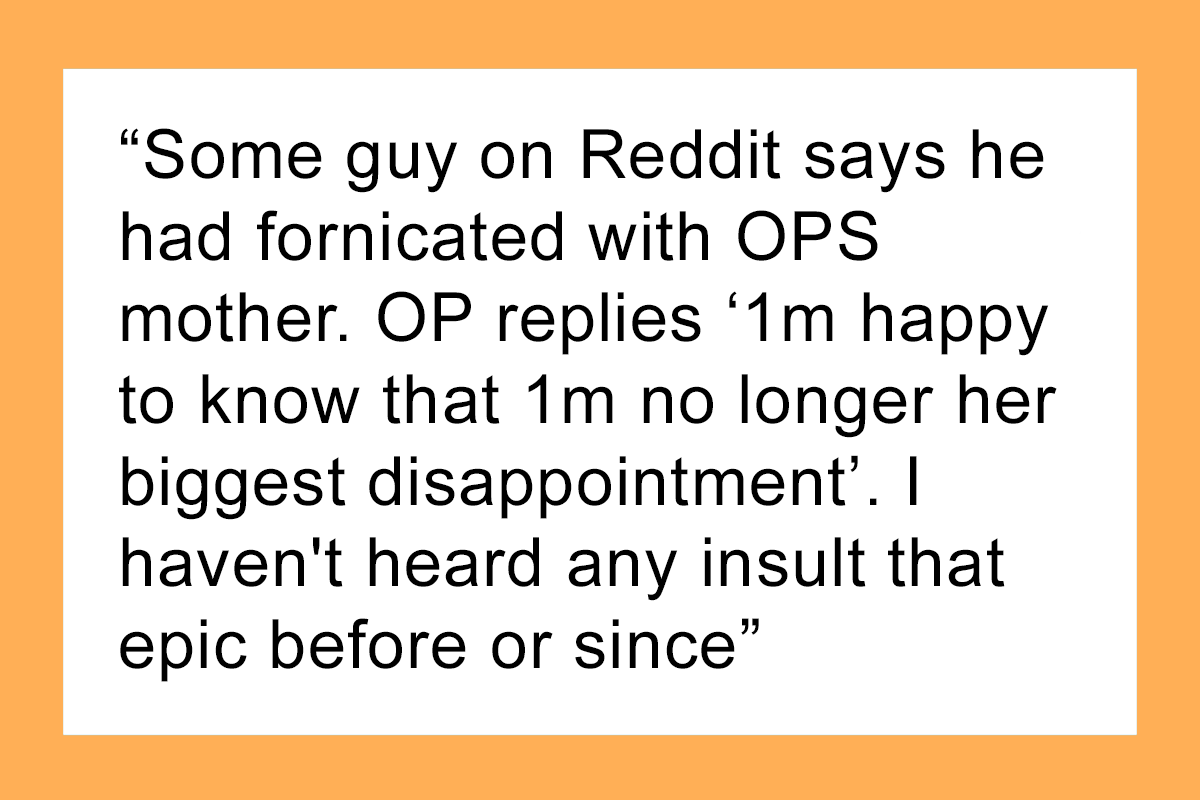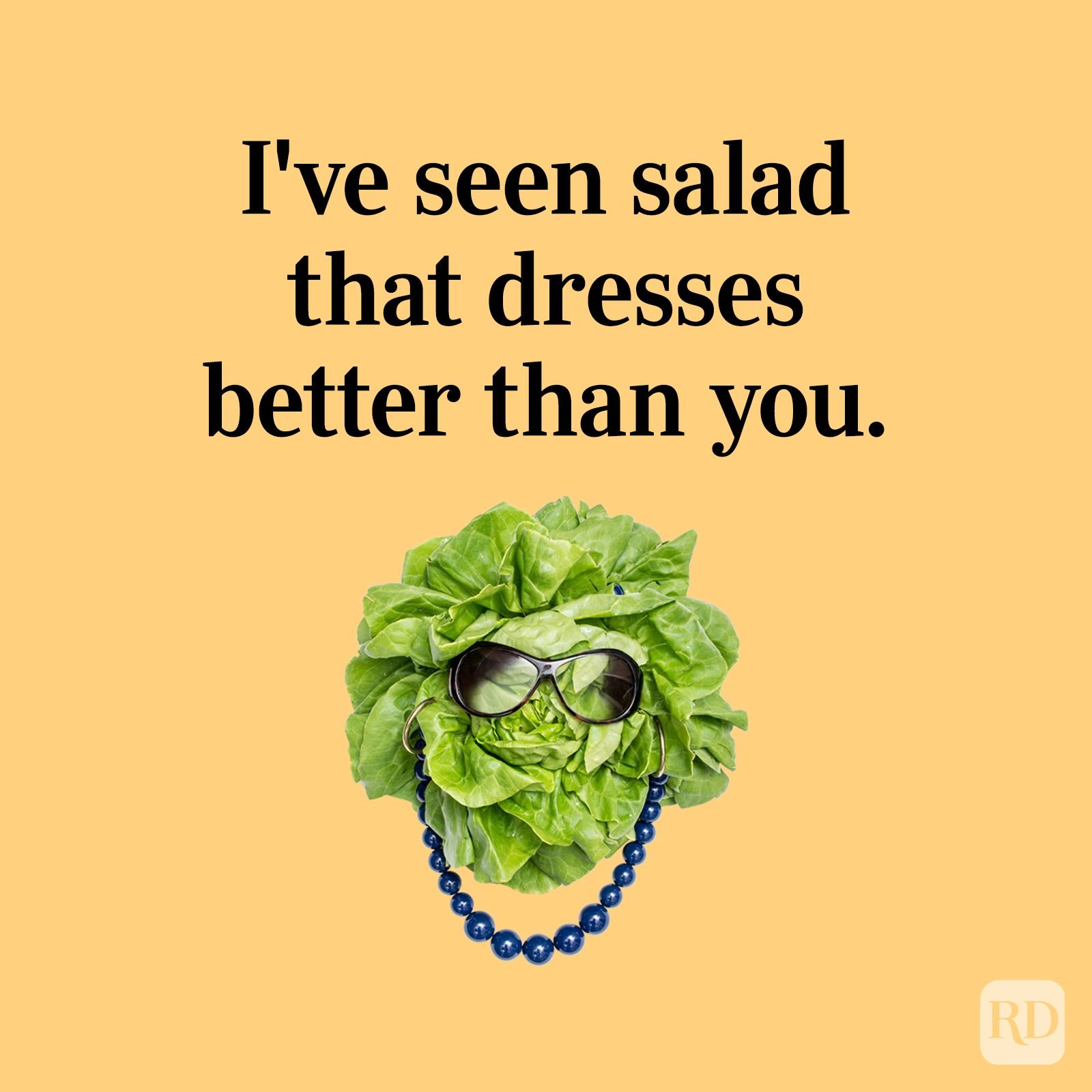Understanding Insults About Short People: Humor, Roasts, And Clever Comebacks
Have you ever found yourself in a situation where someone drops a comment about height, and you are not quite sure how to react? It happens more often than one might think, especially in casual chats among pals. People, it seems, sometimes use height as a source of amusement, perhaps without even realizing the impact their words might carry. This can be a bit tricky, trying to figure out if the remark is all in good fun or something a little less kind, you know?
Our daily conversations, particularly with those we know well, often include playful teasing. It's almost a way we show affection, really. As we've seen, there are countless ways to playfully jab at someone, from lighthearted digs at annoying friends to more pointed remarks meant for a roast. Some folks, you see, collect these sharp lines, keeping them ready for when they need to respond to someone who just won't let up. Others enjoy crafting creative insults that leave everyone laughing, not crying, at the end of the exchange. This kind of witty exchange, as a matter of fact, can truly brighten a moment.
So, when we consider remarks, particularly those that touch upon physical characteristics like height, it is helpful to think about the intent behind them. Are they meant as a playful challenge, a way to put someone in their place without being truly hurtful, or do they carry a different weight? This discussion explores the various shades of "insults about short people," from good-natured fun to moments that might call for a clever reply. We will also, in a way, look at how to tell the difference and how to respond with grace or a bit of sharp wit, just like your favorite British English quips.
Table of Contents
- The Nature of Height-Based Humor
- The Art of the Roast: Playful Jabs and Insults About Short People
- Crafting a Witty Comeback
- From Playful Banter to Savage Remarks: Different Kinds of Insults
- Navigating the Social Scene with Height Humor
- Frequently Asked Questions
The Nature of Height-Based Humor
Humor, it's pretty clear, often comes from unexpected places, and sometimes, from things we notice about each other. Height, being a very visible trait, can sometimes become a topic for jokes. This type of humor, in a way, can be innocent fun among close companions, or it can lean into something less pleasant. The way a joke about someone's height lands really depends on the people involved, their relationship, and the overall atmosphere of the moment, you know?
When Jokes Land Right
There are times when a playful jab about someone's height is completely fine, even welcome. This usually happens among very good friends who share a strong bond and understand each other's boundaries. It's like, they know it's all in jest, and nobody's feelings will actually get hurt. For instance, my text speaks about using "funny insults on your best friends when they’re being a little too annoying." This suggests a context where the intent is clearly not malice, but rather a lighthearted nudge. These kinds of remarks can actually, in some respects, strengthen friendships by showing a shared sense of humor, which is rather nice.
When everyone involved is laughing, it means the humor has hit the right note. These are the moments when creative insults, like those we've collected, simply add to the fun. They might even be the "first and last roast of the night," creating a memorable, joyful interaction. It is about a shared understanding, a feeling that everyone is in on the joke, and that no one is truly being put down. This type of banter, you see, often comes from a place of affection, not ill will, and that's important.
When They Miss the Mark
However, humor about height can sometimes go wrong, very wrong indeed. When jokes are made by strangers, or by people who do not have a strong, trusting relationship, they can feel quite unkind. This is when a comment stops being a playful "roast" and starts feeling like a "slur" or "term of disparagement," as my text defines an insult. The impact of such words can be truly negative, making someone feel small, not just in height, but in spirit. It's a bit like a joke that just hangs in the air, creating awkwardness instead of laughter, you know?
Sometimes, people use these remarks to exert power or to put someone down, which is never okay. Such comments can feel like a personal attack, rather than a lighthearted jest. It is vital to recognize when a joke crosses the line from playful to hurtful, as it tends to be a fine one. Understanding this difference, frankly, helps us all be more thoughtful in our interactions and ensures that our words build up, not tear down, which is a good thing for everyone.
The Art of the Roast: Playful Jabs and Insults About Short People
Roasting, in its purest form, is a performance, a playful exchange of witty remarks meant to entertain. It's about delivering lines that are sharp but ultimately harmless, creating laughter. My text mentions "110 funny insults to roast everyone in your life," highlighting this aspect of humor. When it comes to height, a roast is less about the physical characteristic itself and more about the cleverness of the joke, and how it fits the person being teased. It is, in a way, a test of wit, not a genuine attack.
Roasting Your Pals
Among friends, a height-related roast can be a sign of comfort and closeness. It's like, you're saying, "I know you well enough to tease you about this, and I know you'll take it in stride." This kind of banter is often reciprocal, with everyone getting a turn in the spotlight. My text suggests these are "creative insults to help you keep your loved ones on their toes," implying a dynamic where everyone is ready with a comeback. The goal is to make them cry, but "only from laughter," which is key. It's a fun way to interact, honestly, and shows a strong bond.
These are the moments when a "savage but clever insult" can be used, not to hurt, but to create a memorable, funny moment. It's about the delivery, the timing, and the shared history that makes the joke work. You might even find yourself collecting these "best insults that people have kept locked and loaded for a rainy day," ready to deploy them in a friendly roast battle. This playful sparring, as a matter of fact, can be a delightful part of any gathering, provided everyone is enjoying it, naturally.
Handling Unkind Remarks
However, if a remark about height feels mean-spirited or designed to genuinely upset, it stops being a roast. This is where the distinction between playful banter and a true insult becomes very clear. When someone is trying to "destroy your enemies" with words, or "put someone in their place without even raising your voice," the intent is different. It's about asserting dominance or causing discomfort, which is not what friendly roasting is about. Such comments, you know, can feel quite jarring and unwelcome.
In these situations, it is important to protect your own feelings. You don't have to accept unkindness disguised as humor. Sometimes, a simple, firm response is better than engaging in a full-blown "roast battle" if the other person's intent is truly negative. Knowing when to disengage, or how to shut down a hurtful comment with a quiet dignity, is a powerful skill. It's about recognizing that not all "insults" are meant for laughter, and some are just plain rude, pretty much.
Crafting a Witty Comeback
When faced with a remark about height, especially one that feels a bit off, having a clever comeback can be incredibly satisfying. It's like, you're not just letting the comment hang there; you're taking control of the conversation. My text talks about "good comebacks with new content added regularly," suggesting that this is a skill that can be developed. A well-timed, witty reply can turn an awkward moment into a moment of triumph for you, and sometimes, a laugh for everyone else. It's a bit like a verbal chess match, you know?
The Power of Quick Thinking
The best comebacks are often spontaneous, born from quick thinking and a good sense of humor. They show that you are not easily flustered and that you can turn a potentially negative situation into a positive one. My text mentions the importance of staying "ahead of the game" in a world where "insults are thrown around like confetti." This really highlights the value of being prepared, or at least being able to think on your feet. It's about having that mental agility, that, in a way, allows you to respond with grace and a bit of a twinkle in your eye.
Sometimes, the best response is not a direct counter-insult, but a clever deflection or a humorous agreement that disarms the other person. This is where you "gain the witty upper hand with a guaranteed laugh," as my text puts it. It shows confidence and a good spirit, which are qualities people admire. Developing this ability, honestly, can make social interactions much more enjoyable, especially when unexpected comments pop up, which they often do, you see.
Examples of Smart Replies
So, what might a clever comeback look like for an insult about short people? Instead of getting upset, you could lean into the joke with a twist. For instance, if someone says, "You're so short, you need a ladder to see over the counter," you might reply, "Actually, I prefer to think of it as always having legroom." Or, if they say, "Do you even reach the pedals?" you could quip, "Only the ones that matter, like the gas pedal to get away from boring conversations." These kinds of responses, in a way, show that you're in control and can laugh at yourself, which is very appealing.
Another approach is to use self-deprecating humor that takes the sting out of the remark. If someone points out your height, you could say, "Yeah, but I'm compact and efficient!" or "Good things come in small packages, right?" These responses, frankly, diffuse the situation and often get a genuine laugh. They demonstrate that you're comfortable in your own skin and that a simple observation about height isn't going to bother you, not really. You can learn more about playful comebacks on our site, too.
From Playful Banter to Savage Remarks: Different Kinds of Insults
The world of verbal jabs, as we've explored, is quite varied. It stretches from the lighthearted teasing we share with our closest companions to the more cutting remarks reserved for moments of genuine conflict. My text highlights this range, from "funny insults for kids" to "200 most savage, brutal insults for your enemies." Understanding where a height-related comment falls on this spectrum is key to knowing how to react, you know?
The Lighthearted Side
On the gentler end, we have the kind of remarks that are just silly and meant to elicit a chuckle. These are often exaggerations, like "You're so short, you could limbo under a door." They are not meant to be taken seriously and are usually delivered with a smile. My text suggests these are the "funny, mean insults" that are good for a "roast battle" where everyone is having fun. It's about the shared experience of humor, and not about truly making someone feel bad. These are, in a way, the harmless ones, you see.
These lighthearted comments often serve as inside jokes within a group, fostering a sense of camaraderie. They show a comfortable familiarity between people, where boundaries are understood and respected. The intent, essentially, is to create a moment of shared joy, not discomfort. This type of humor, actually, can be a sign of a very strong and trusting relationship, where everyone feels safe to be themselves, pretty much.
The More Pointed Ones
Then there are the remarks that carry more weight, designed to "destroy" or "put someone in their place." These are the "savage" or "brutal insults" my text describes, which are chosen "wisely" because of their impact. When a comment about height is delivered with a sneer, or meant to genuinely diminish someone, it moves into this more aggressive category. It's no longer about playful banter; it's about causing a sting. This can feel very different, you know, and it's important to recognize that shift.
Such comments are often rooted in a desire to assert dominance or to make someone feel inferior. They lack the warmth and shared understanding of friendly teasing. When you encounter these, it is crucial to remember that the problem lies with the person delivering the insult, not with you. Knowing how to respond, or simply to disregard, such negativity is a valuable life skill. It is, in a way, about protecting your peace, which is very important, you see.
Navigating the Social Scene with Height Humor
Being able to navigate conversations where height-related humor comes up is a useful social ability. It means knowing when to laugh along, when to offer a witty comeback, and when to simply let a comment pass without giving it power. This kind of social intelligence, frankly, helps you manage various situations with ease. It's about reading the room, understanding the dynamics, and choosing your response carefully. You might even, in some respects, expand your "repertoire" of responses, as my text suggests.
Sometimes, the best way to handle an awkward comment is to change the subject or to respond with genuine kindness, which can disarm the other person completely. It shows maturity and a refusal to engage in negativity. For instance, my text shares an anecdote about responding to someone who called them a "disappointment" with a calm, clear statement. This demonstrates the power of a measured, thoughtful response. It's about staying true to yourself, you know, and not letting someone else's words define your day, really.
Ultimately, how you react to "insults about short people" depends on your comfort level and the situation. There is no single "right" way to respond. The key is to feel empowered in your choices, whether that means joining in the laughter, delivering a sharp retort, or simply walking away from unkindness. It's about finding what works for you, and maintaining your sense of self, which is, at the end of the day, what truly matters, you see. You can also find more insights into social interactions on our platform.
Frequently Asked Questions
Are insults about height ever okay?
Whether insults about height are okay truly depends on the context and the relationship between the people involved. Among very close friends who share a strong bond and a mutual understanding, playful jabs can be a part of their unique dynamic. These remarks are often meant with affection and are designed to make everyone laugh, not to cause hurt. However, when such comments come from strangers, or from people who lack that deep, trusting connection, they can easily cross the line into unkindness. It's about intent, really, and whether the words build up or tear down, which is a rather important distinction.
How can you respond to a short joke?
Responding to a short joke effectively often means staying calm and choosing your words wisely. You could, for instance, respond with a witty comeback that turns the joke around, showing you have a good sense of humor and are not easily bothered. Self-deprecating humor can also work, where you playfully agree with the joke, which often disarms the person making the comment. Alternatively, if the joke feels truly unkind, a simple, direct statement like, "I don't find that funny," can be effective. It's about assessing the situation and deciding if a playful retort or a firm boundary is more appropriate, you know?
What are some lighthearted jokes about being short?
Lighthearted jokes about being short often play on common observations in a humorous way, without being mean-spirited. For example, one might quip, "I don't get lost in crowds; I just become one with the crowd at knee-level!" Or, "My height isn't a disadvantage; it's a built-in excuse for why I can't reach the top shelf." These jokes, frankly, are usually delivered with a smile and are meant to be shared for a laugh, not to insult. They often highlight the unique perspectives that come with being shorter, in a fun and relatable way, which is pretty neat.

Insults

Comebacks And Insults

Insults